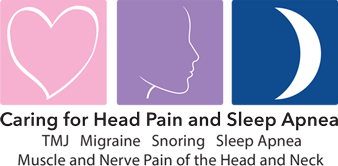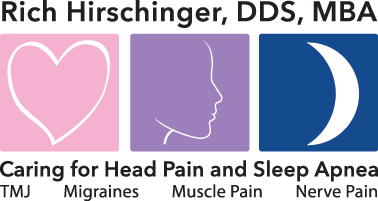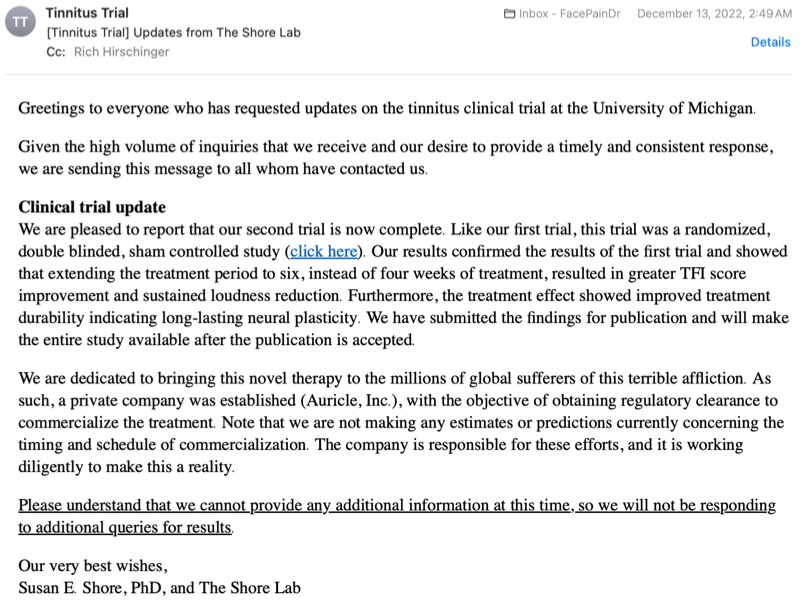

Diplomate American Board of Orofacial Pain
9615 Brighton Way, Suite 323
Beverly Hills, CA 90210
888.981.8981
Tinnitus: What is it and can it be treated by Dr. Hirschinger?
I know from first hand experience about tinnitus. Mine started on the morning of October 4, 2009. I woke up, and had two quick bouts of vertigo, which were both fairly short but the ringing started right after the second episode stopped. Why do I remember the date so well? It was the day after my birthday so it's easy to remember. My tinnitus is bilateral, which means it is on both sides, it is constant, which means it never varies like the line on the horizon, so it is always there. I try not to focus on it, and I can go several hours of not paying attention to it. If I'm speaking with a patient about it, then I hear it. If I pay attention to it, I hear it, which is why I try to not pay attention to it.
Pronunciation
It is pronounced either tih-NITE-us or TIN-uh-tus. There is no universally accepted pronunciation of one way over the other so pronounce it either way and no one can argue that you are pronouncing it incorrectly. I pronounce it TIN-uh-tus.
What is it?
Tinnitus is the perception of sound that does not have an external source, so other people cannot hear it. Tinnitus is commonly described as a ringing sound, but some people hear other types of sounds, such as roaring or buzzing. Since others cannot hear it, it is documented as "by report," meaning you report it to your doctor. I can't prove to anyone that I have tinnitus so you have to take my word for it but if you want to hear what I hear please "watch" the YouTube video below. There isn't anything to see since it is video with only audio. The video could play for hours and it would not bother me since it is what I hear all the time. Word to the wise, before you click the link, lower your sound, and then turn it up as needed but make sure your dog is not in the room.
Can it be treated?
Maybe. It depends. Sometimes. No. Those are all valid answers. If your tinnitus is one sided, there is a chance it can be treated. If your tinnitus comes and goes, which we call intermittent, then there is a chance it can be treated. If your tinnitus is bilateral and it is continuous, which means the sound gets louder and softer and louder and softer, then there is a chance it can be treated. If your tinnitus is bilateral and constant, there is very little chance it can be treated. Here is a case of tinnitus that I successfully treated in my office in Beverly Hills, California.
What are the treatment options?
The treatment options for tinnitus include stretching the muscles that you use to chew and close your jaw with using the gentle jaw, which is a passive jaw stretching device I invented. It is available on Amazon and on gentlejaw.com. If you have tinnitus you must learn to keep your teeth apart during the day by doing the "N-rest." A nighttime appliance worn during sleep is something that I usually recommend. If those don't help or they don't help enough, we can try trigger point injections into the various muscles that refer into the ear. If trigger points help but they wear off, then Botox can be tried. You can learn about trigger point injections and Botox here.
Is there any research being done?
Yes, there is. I'm aware of a product that is undergoing commercial development by Dr. Susan Shore. Here is an email I received in December 2022, which is the most recent update I have as of 2024. This is the link to the trial that is in the email, https://clinicaltrials.gov/study/NCT03621735







